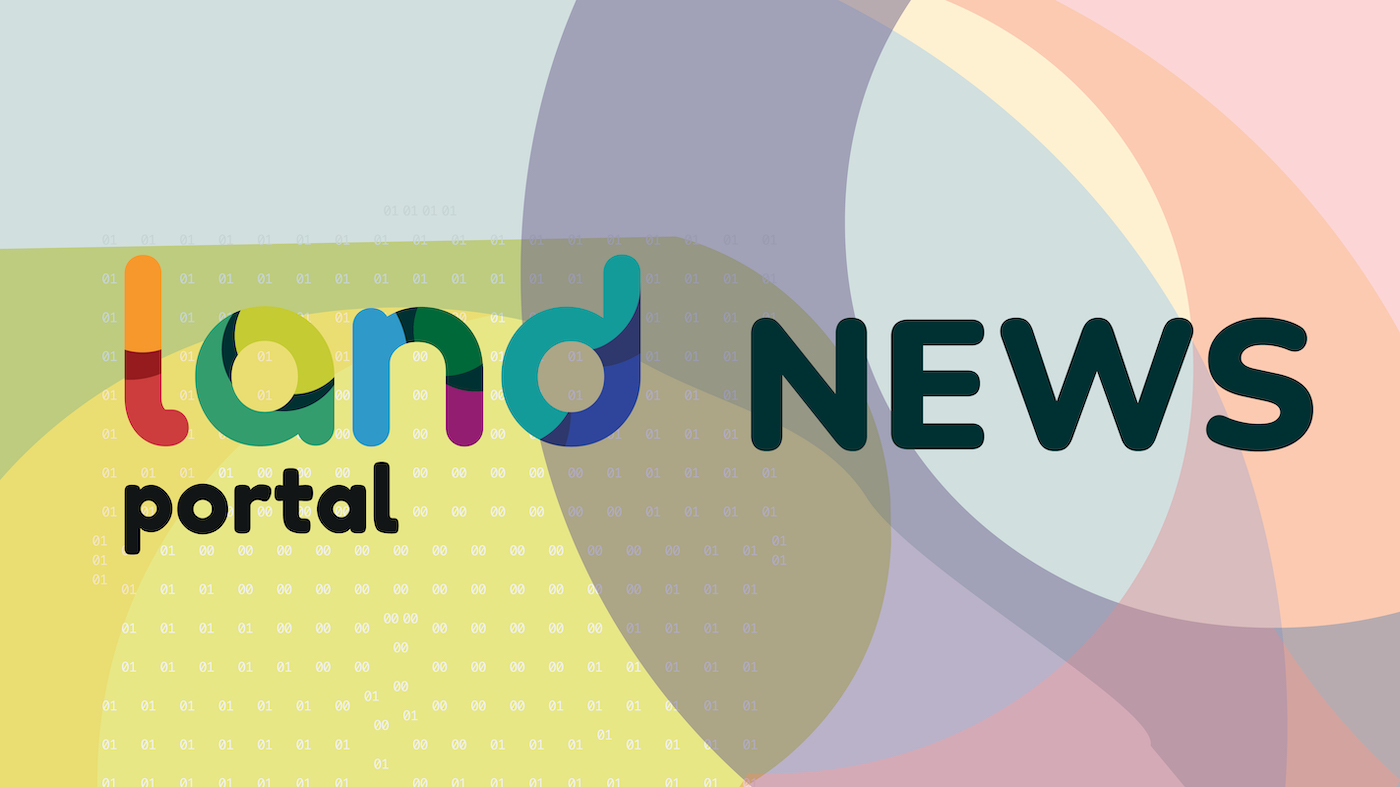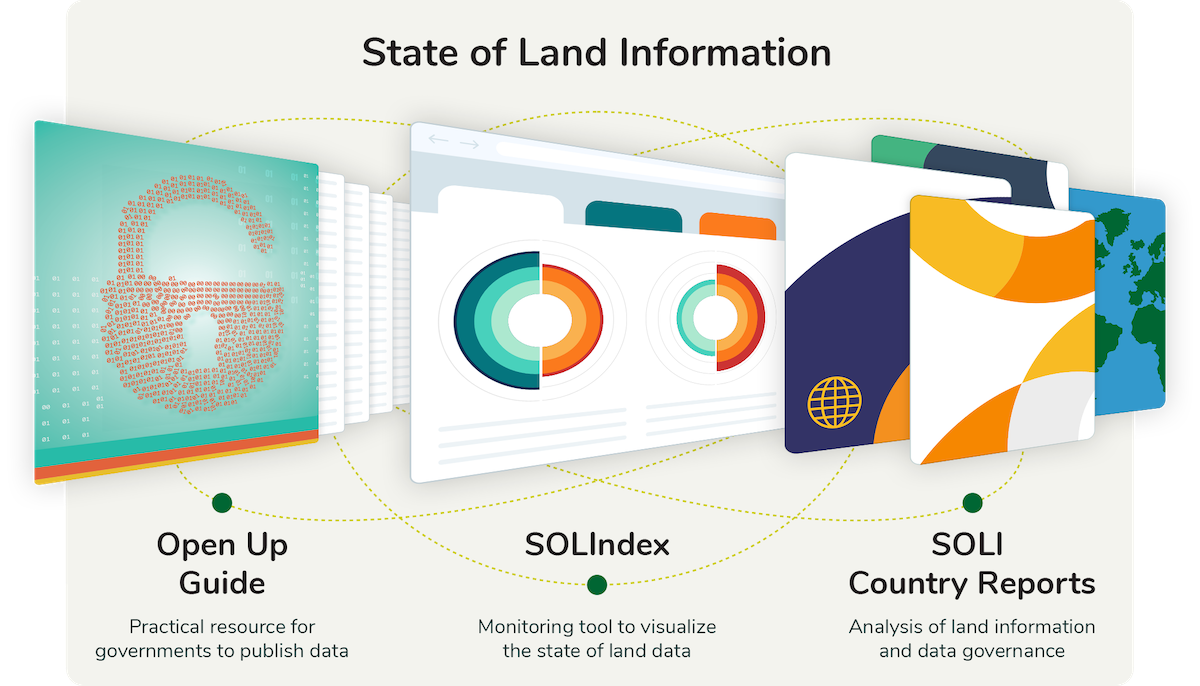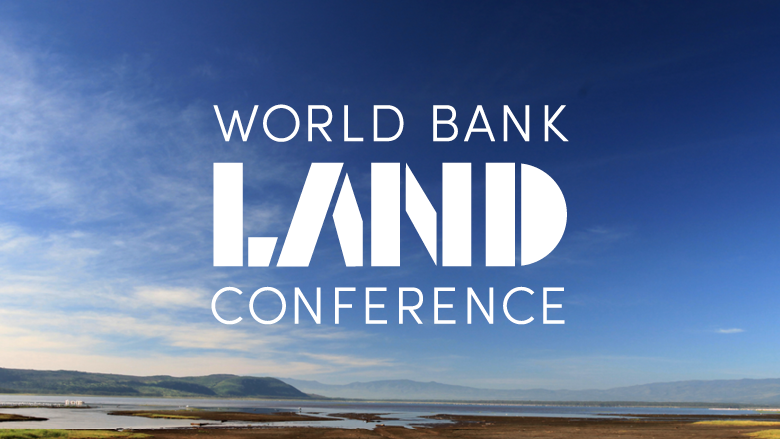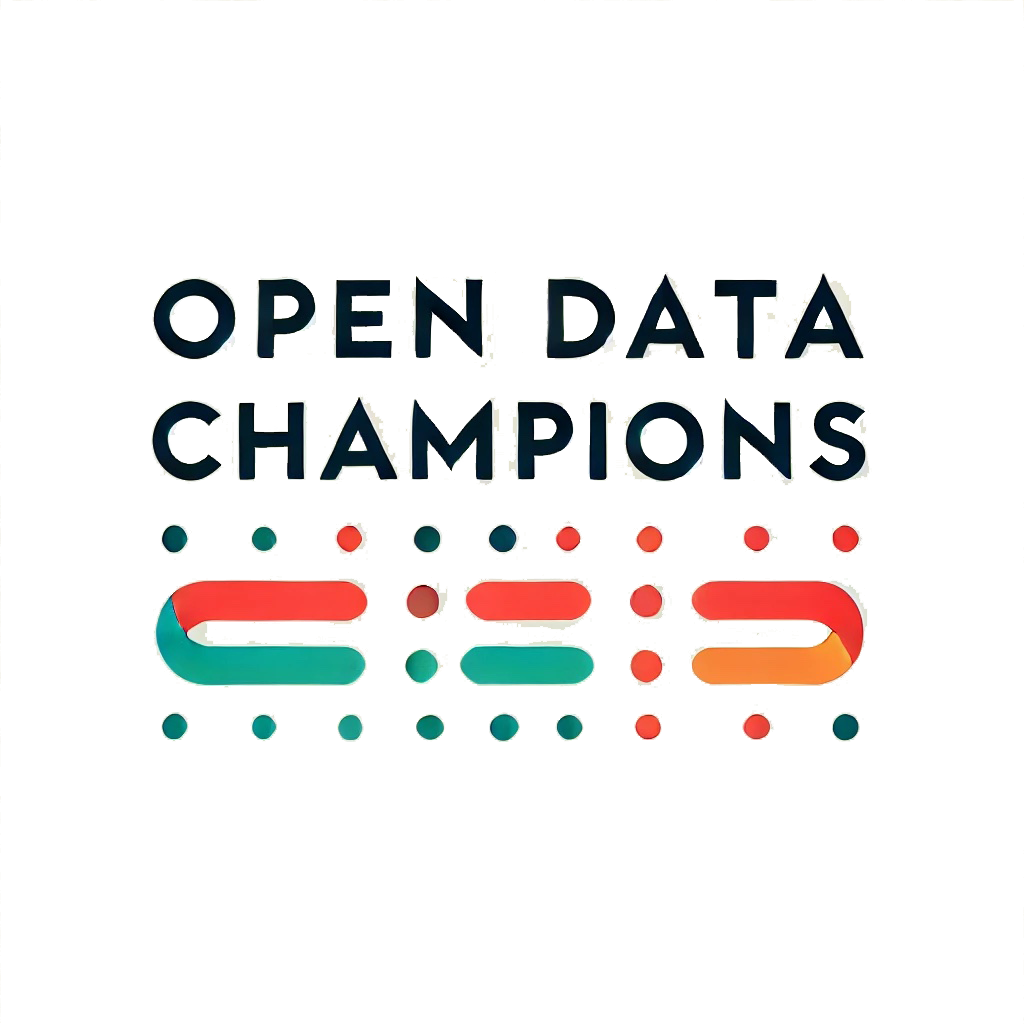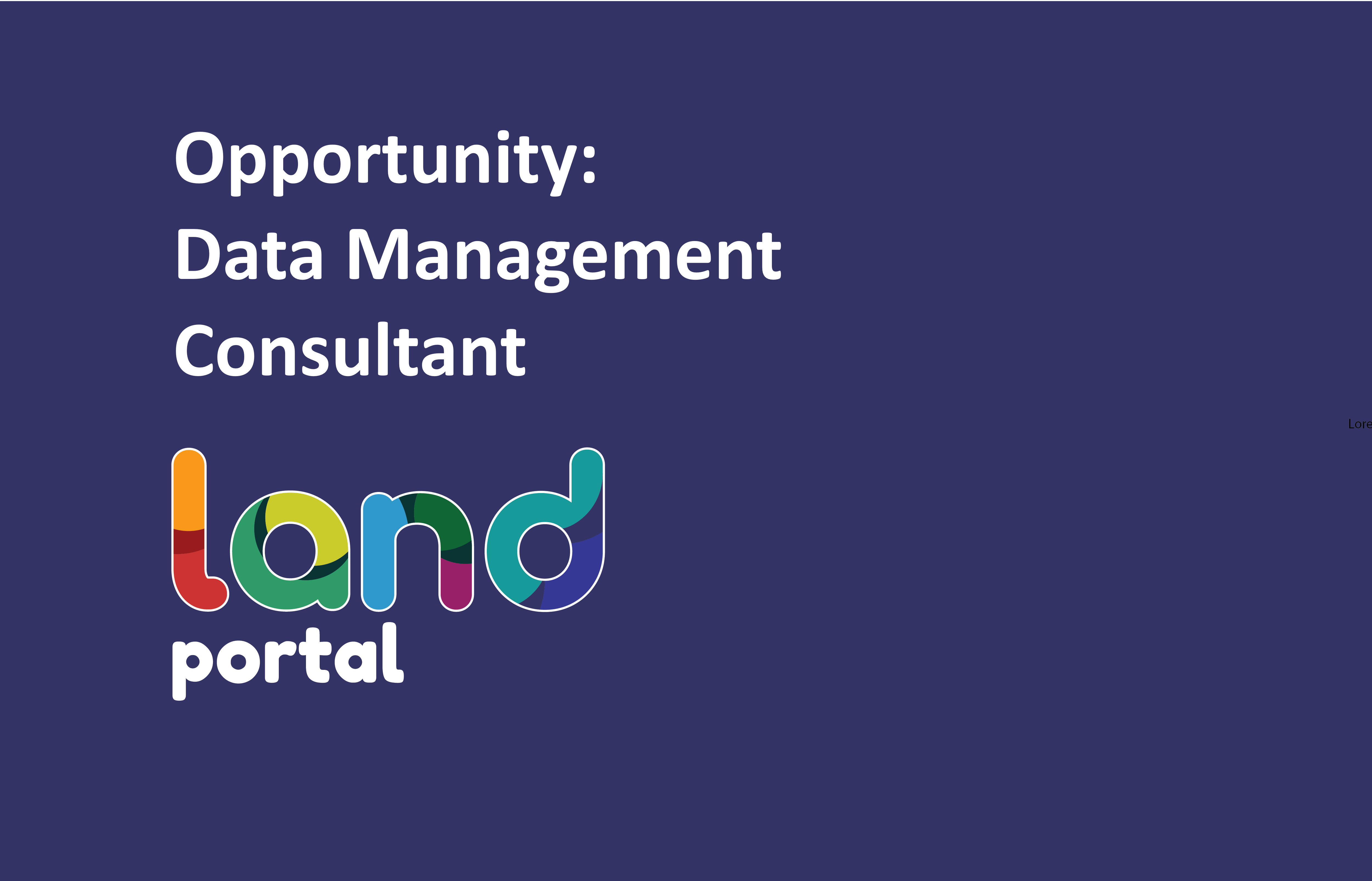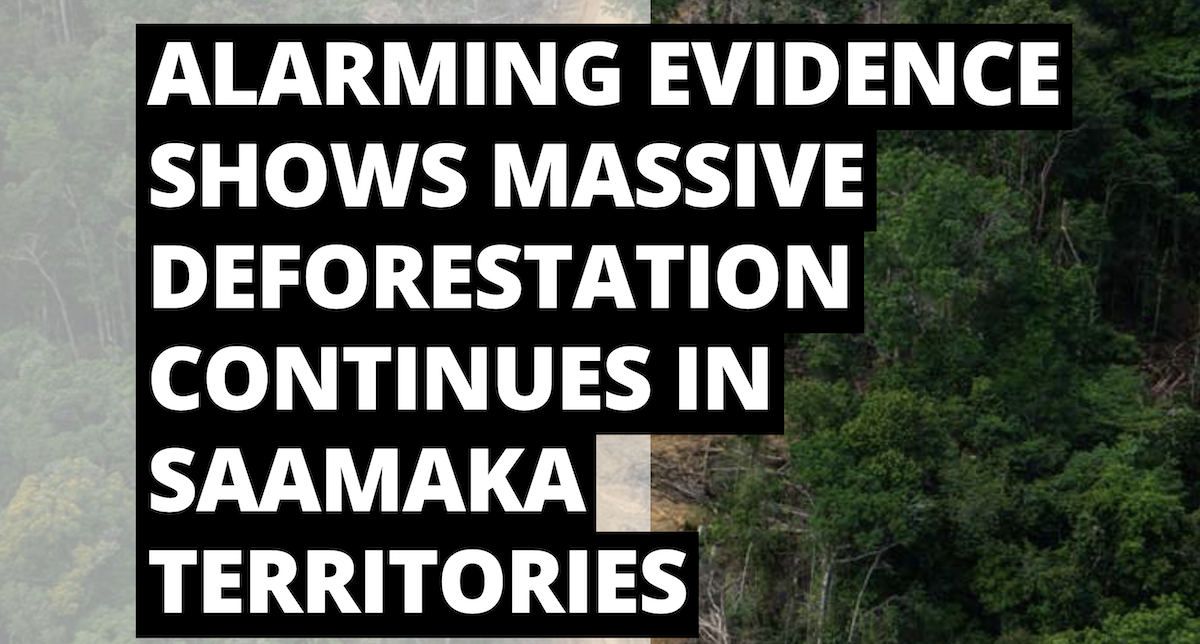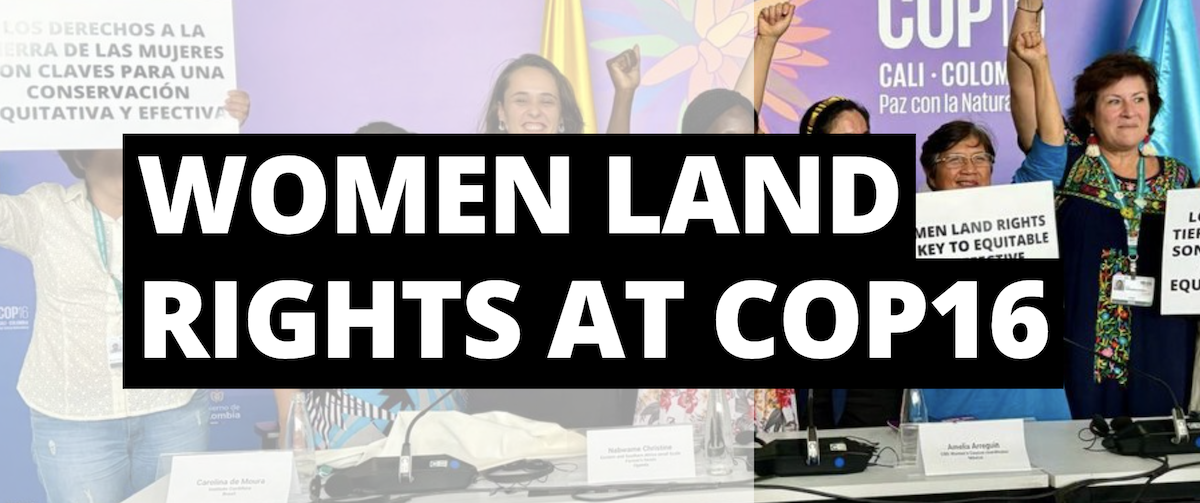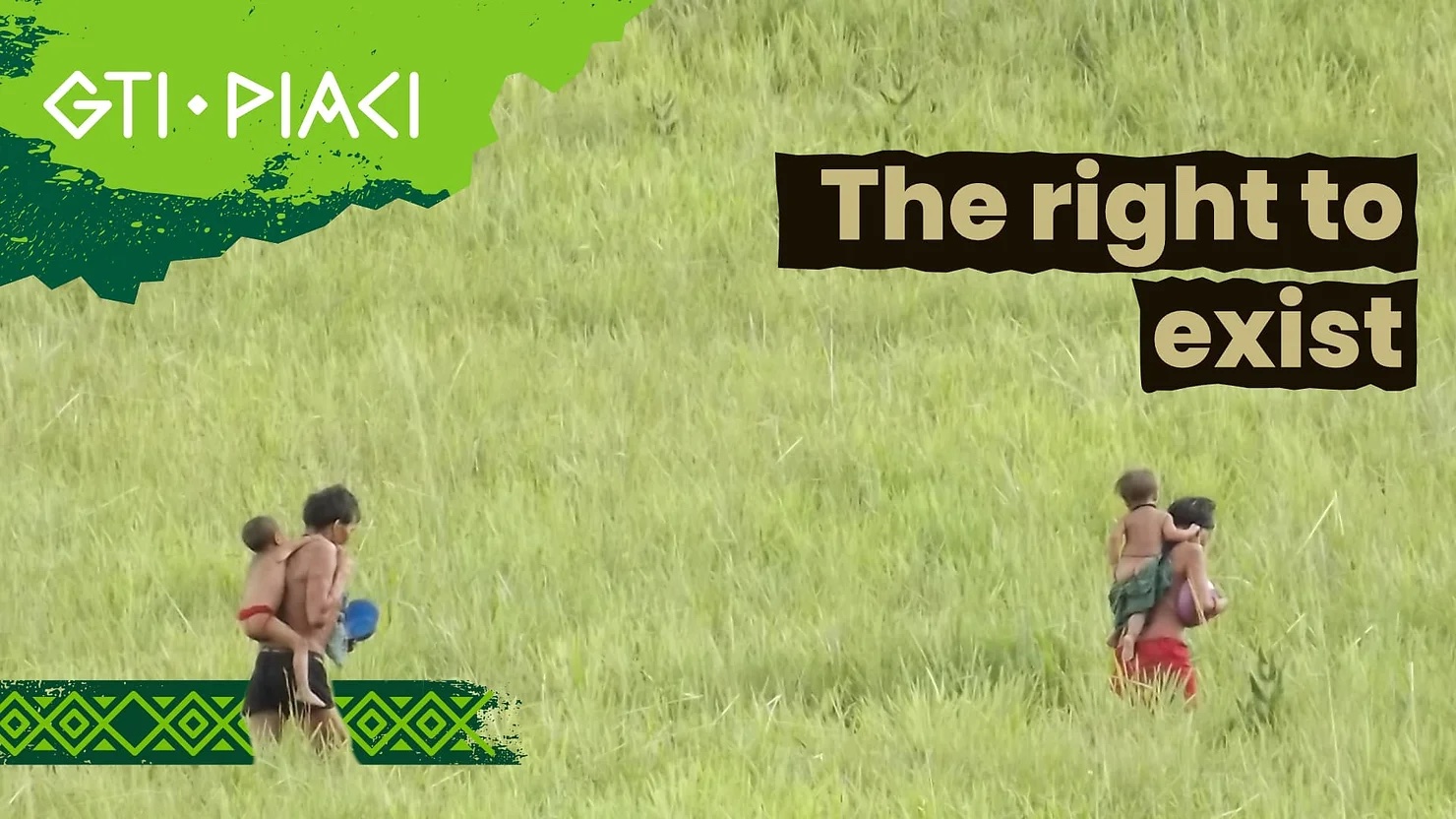News on Land
Get the latest news on land and property rights, brought to you by trusted sources from across the globe.
NEWS: Introducing the State of Land Information Index (SOLIndex)
Opportunity: Ad Hoc Graphic Designer
Land Portal Foundation graphic design is a crucial component of optimizing our identity across all channels and has been key to building a professional brand. Our consistent marketing collateral has enabled our brand to be easily recognizable and allowed our stakeholders to quickly get familiar with what we have to offer. Our graphic design is in part a source of our credibility. We rely on strong visual foundations to communicate confidence in our work and in our expertise.
GIZ Knowledge Exchange Workshop 2024
GIZ Knowledge Exchange Workshop 2024 in Senegal took a deep dive on anchoring practitioners’ experience in Responsible Land Governance Systems.
NEWS: Land Portal welcomes 2024 World Bank Land Conference materials into the Land Library
December 3, 2024 — At the Land Portal, we are committed to advancing the accessibility and long-term sustainability of knowledge on land governance. The World Bank Land Conference is one of the premier venues for knowledge exchange on land, and we were thrilled when the organizers requested our support in making the 2024 conference session materials available to the public in our Land Library, which now hosts over 73,000 publications on land governance.
Launch of the Open Data Champions Initiative
We are excited to announce the launch of the Open Data Champions Initiative, an effort to celebrate and elevate leaders worldwide who champion open data in the land sector. This initiative shines a spotlight on the incredible individuals dedicated to advancing data transparency and access, especially within the Global South. These champions are at the forefront of transformative change, harnessing the power of data to address critical land governance challenges.
Land rights matter: Impact of the project for Responsible Land Policy (ProPFR) in the Centre region of Cameroon
The project "Responsible Land Policy" (ProPFR) in Cameroon is being implemented since January 2023 and contributes to strengthening land use rights in the Centre Region of Cameroon, safeguarding the livelihoods of the rural population and simultaneously promoting the protection and restoration of forest-rich landscapes.
Job Opportunity: Data Management Consultant
Alarming evidence shows massive deforestation continues in Saamaka territories
Between June and September 2024, a 57% increase in forest cover loss has been recorded in Saamaka territory, compared to rates observed in the previous 6 years
77% of deforestation inside Saamaka territory has occurred after the 2007 Inter-American Court of Human Rights (IACHR) ruling in favour of the Saamaka People.
Women's Land Rights at COP16: the Key to Equitable and Effective Conservation
We, rural women from across the world play a crucial role in biodiversity conservation due to our deep-rooted knowledge of local ecosystems, traditional agricultural practices, and community-centred approaches to resource management.
Here, at COP16 we come together to demand our rights to land, as they are critical to continue our conservation work. Secure land tenure is the foundation that allows us to invest in sustainable practices, protect natural resources, and maintain biodiversity.
A call for the inclusion of Indigenous Peoples in Isolation in National Biodiversity Strategies and Action Plans
In the crucial context of the COP16 on Biodiversity, the International Working Group for the Protection of Indigenous Peoples in Isolation and Initial Contact (PIACI) extends a heartfelt invitation to organizations around the world to join our voice in defense of Indigenous Peoples in Isolation and Initial Contact (PIACI). Sign this petition and let's work together to ensure that governments include PIACI in their National Strategies and Action Plans on Biodiversity.
Job Opportunities: Content Editors for French, Spanish and Portuguese languages
The Land Portal Foundation seeks three dynamic and highly motivated content editors (one per focus language) to maintain the Land Portal website up to date with various resources in French, Spanish and Portuguese, as well as to support translation and promotion of this content. This is a part-time consultancy position.

